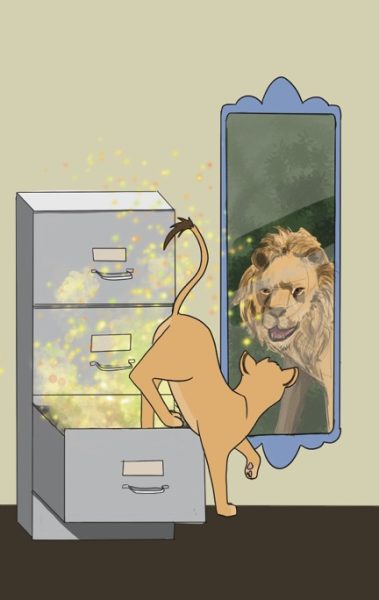Aurora Martin Visits Campus
October 10, 2017
On October 2, Aurora Martin, founder of Pop-Up Justice, visited campus to speak to students about an upcoming project partnering Whitman College and Heritage University students over the summer to work together on digital storytelling projects. A small group of students sat down with her for lunch, and discussed their thoughts on collaborating with other Washington students in creating accessible mediums of digital storytelling through her company, Pop-Up Justice.
Having grown up in Seattle, she stayed close to her roots and completed both undergraduate and graduate studies at the University of Washington. Aurora speaks about her in-state education, “Seattle, Washington is where I grew up. I always thought I was going to be abroad, but my parents were really strict and so when the admissions came through – I think I wanted to go to Boston or something – my dad said, ‘Congratulations, you’re going to University of Washington!’
Before founding Pop-Up Justice, Martin worked at Columbia Legal Services for almost 20 years. “What really inspired me, was that in the last two, three years of my time leading and reinventing Columbia legal services to be more than a typical legal aid program, that introduced social media, introduced multimedia tools as part of its advocacy, and education,” Martin says, “Working at Columbia legal services really brought me to eastern Washington, and really brought me here. If not for really having a state-wide role in leading [Columbia Legal Services], and learning about the other communities outside of Seattle, I wouldn’t be here. Even though I live in Seattle, much of my heart is in rural Washington.”
“Pop-Up Justice is a social justice start-up. It is a private company that aims to operate at the intersection of art, technology, justice and social innovation. Our work is about community building and social innovation,” Martin says. Pop-Up Justice consists of projects designed to increase the accessibility of opportunities and information to those from rural communities.
Martin continued, “JustUs Jesters, a graphic novel series that will start out as a webzine, is intended to engage in a popular culture narrative about the values of democracy, equality and liberty. The question there was: how can we increase civic engagement? How do we get people to really think about what these values mean?”
The Scholar Advocacy Match-up (SAM), another component of Pop Up Justice, is a program that facilitates the collaboration between scholars and advocacy organizations. Martin explains, “There’s the scholar advocate match-up, which is the subject of an American BAR association fellowship that I’m doing, and that is essentially a ‘Match.com’ from scholars and advocates that I’m putting together.”
The last of the three Pop-Up Justice projects that Martin discussed was the Rural American Digital Lab (RADLab). “The third [part of Pop-Up Justice], which is the reason why I’m here at Whitman is the Rural American Digital (RAD) Lab. That is intended to create an innovation center in rural America. The first one would be here at Whitman at a virtual partnership with Heritage University to essentially take on this idea of digital storytelling,” Martin said.
Whitman students would work with Heritage University students in the creation of various modes of information sources, whether they be videos, websites, or other forms of media. This is in hopes of fostering a cooperative relationship between two communities that could benefit from the creativity and knowledge from the other. “Hopefully RAD lab is a successful experiment that brings together two very different universities to create a sense of community for the next generation of rural Americans.”
With Pop-Up Justice, Martin hopes to help bridge the divide between rural and urban communities, starting with the students of Whitman College and Heritage University. “We really are in the middle of a digital revolution, whereby if we as people who are interested in the public good, and social justice, do not lean in and step up our game in innovating, the division between the ‘haves’ and the ‘have-nots’ will grow deeper and way wider.”





